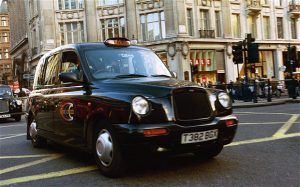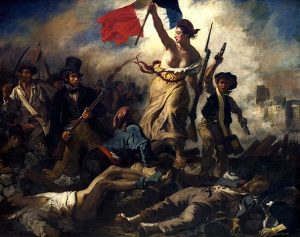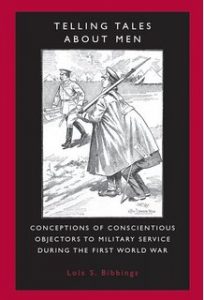By Prof Joanne Conaghan, Professor of Law (University of Bristol Law School).
 The case of the Black Cab rapist, John Worboys, may well qualify as one of the most egregious failures of modern policing of our times. Alleged to have assaulted over 100 women using his taxi as a lure and a crime site, Worboys terrorised women in the London Metropolitan area for the best part of a decade before eventually being apprehended and imprisoned in 2009 for 19 separate sexual assaults. This week the Worboys case is once again in the public eye as a claim by two of his victims, DSD and NBV, that the Metropolitan Police violated their human rights by failing adequately to investigate their claims comes before the Supreme Court.
The case of the Black Cab rapist, John Worboys, may well qualify as one of the most egregious failures of modern policing of our times. Alleged to have assaulted over 100 women using his taxi as a lure and a crime site, Worboys terrorised women in the London Metropolitan area for the best part of a decade before eventually being apprehended and imprisoned in 2009 for 19 separate sexual assaults. This week the Worboys case is once again in the public eye as a claim by two of his victims, DSD and NBV, that the Metropolitan Police violated their human rights by failing adequately to investigate their claims comes before the Supreme Court.
One has to wonder how such serious criminal activity in a public setting could go unchecked for so long. The simple answer is that the Metropolitan Police failed Worboys’ victims utterly and unequivocally, their investigation marred by multiple systemic and operational failings, as elaborated in painstaking detail by Mr Justice Green in a High Court judgment in 2014. (more…)


